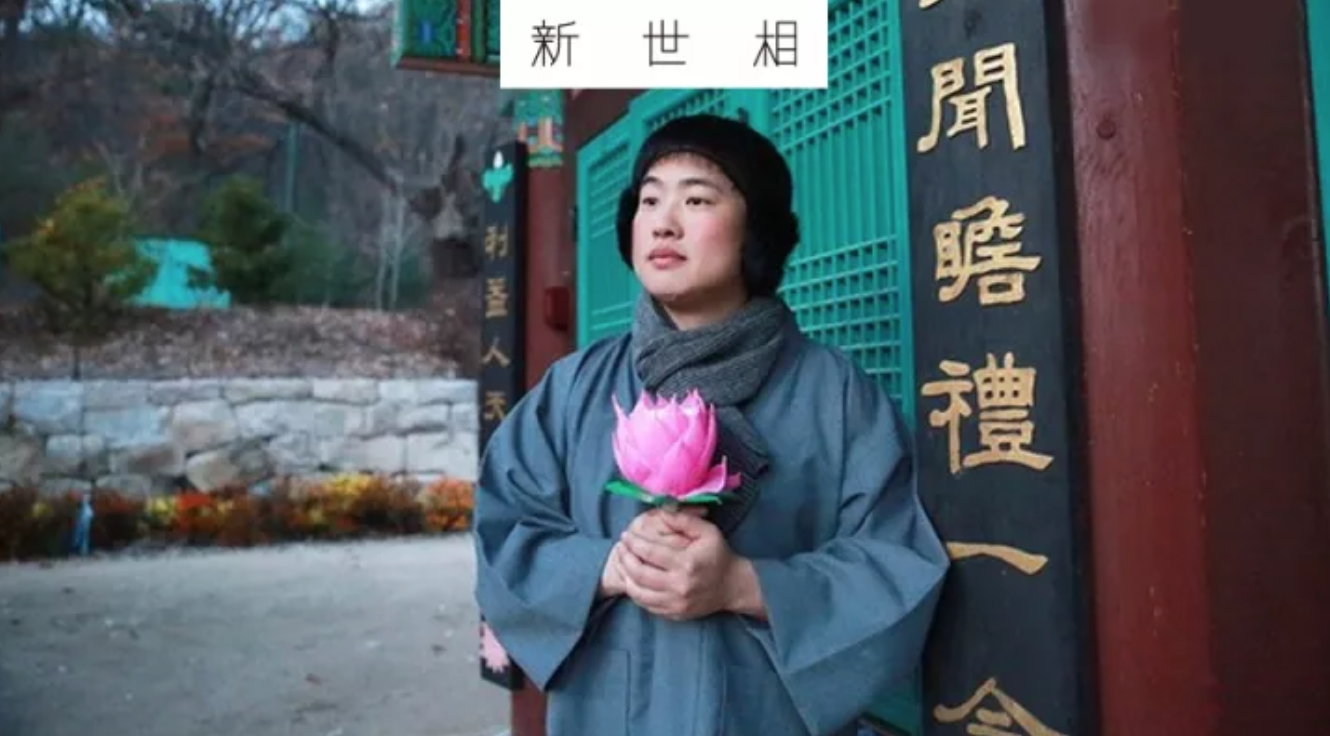People’s Daily — ‘Buddhist youths: Stop being so chill about everything’
People’s Daily — ‘Buddhist youths: Stop being so chill about everything’

Not long after well-off middle-aged Chinese men found themselves labeled “greasy” (油腻 yóunì) by millions of internet users, China’s post-1990s generation has discovered its own social identity as “Buddhist youths” (佛系青年 fúxì qīngnián). But don’t be fooled by the name. The term doesn’t actually mean young people are converting to Buddhism — it’s closer in meaning to “slacker,” and describes life attitudes such as having no desires, no needs, and no expectations. People who identify as Buddhist youths yearn to be free of strong feelings. They avoid conflict, and try not to take anyone or anything too seriously. These attitudes in some ways resemble Buddhism thinking.



Xin Shixiang 新世相, a popular WeChat public account, provided a few examples of how Buddhist youths apply their philosophy to everyday life:
- Hailing a ride: “You can just stay wherever you are. I will walk over.”
- In a relationship: “You decide. I’m fine with anything.”
- Ordering food: “I have no idea what to eat. Maybe just order the same food I had yesterday.”
- Child rearing: “Not many children can be successful people when they grow up, so I want my kid just to have a happy childhood.”
- At work: “I desire nothing more than to arrive at my office safely and to leave my office quietly.”

According to the post on Xin Shixiang, the concept behind “Buddhist youths” is a derivative of “demotivational culture,” another term used to describe the attitudes of many young people who feel powerless and aimless. But the author of the post defends such attitudes: “This is an effective method for Chinese young people to ease their anxieties and pressures.”
However, just as the prevalence of demotivational culture prompted the Party’s house newspaper, the People’s Daily, to write a tirade back in August, state media has again started publishing cringeworthy op-eds criticizing the youth.

On December 12, the People’s Daily published an opinion piece (in Chinese) that warned: “There’s nothing wrong with young people having a breezy attitude toward everything. But we have to remember, there always are some issues that we need to put our hearts into.”
A day later, the newspaper published another op-ed (in Chinese) criticizing Buddhist youth. “Being demotivated is pessimistic enough, but what’s even worse is stopping yourself from having any sort of feelings, even it’s lack of motivation,” the author wrote. “Young people by nature should be energetic, positive, passionate about life, and curious about the world.”




-
Television programming
TV’s cultural revolution / World of Chinese
“This year, Chinese TV has enjoyed popularity for an unlikely genre: cultural programs. From Reader, a show about reading books aloud, to The Chinese Poetry Competition to Letters Alive, which examined letters from historical figures, many high-quality shows about Chinese culture have proven to be surprise hits.” -
Not safe for children
8-year-old boy loses eye after playing with desiccant ‘dry pack’ / What’s on Weibo
In China, aside from silica gel desiccants, which should be safe, some food products are packaged with desiccant-made calcium oxide (氧化钙 yǎnghuà gài), also known as quicklime, which is cheaper than silica gel, but also “relatively more dangerous.” -
Film industry
10 highest paid Chinese film stars are all men / China Film Insider -
Education
Outlaw educators: China’s growing homeschooling movement / Sixth Tone
“Despite the misgivings from the Chinese government, a growing number of parents are embracing homeschooling. A 2017 nationwide survey…showed that by February 2017, around 50,000 people in China ‘pay close attention to’ or ‘are trying to provide’ home-based study for their children.” -
Animal abuse and endangered species
Chinese gang accused of selling poisoned darts to kill dogs for meat / Guardian
TV show’s pangolin soup recipe makes viewers’ blood boil / Sixth Tone -
Police awards
Chinese security officer who died trying to stop suicide nominated posthumously for bravery award / SCMP






